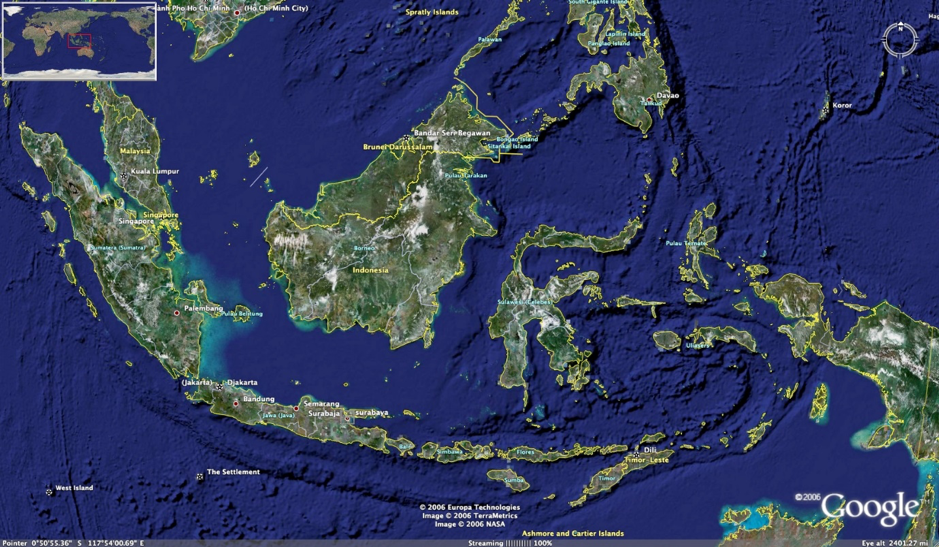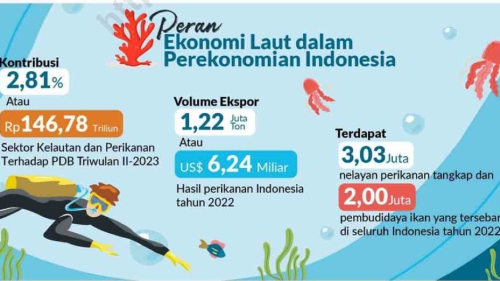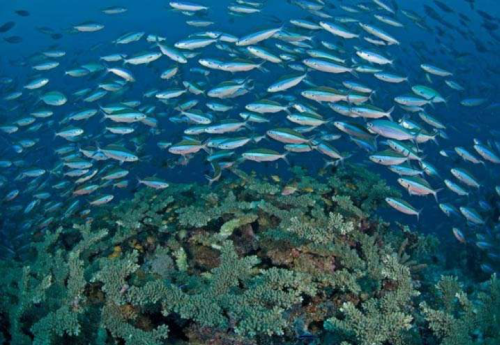The Role of Communities and the Challenges of Blue Economy Implementation in Coastal Management: Towards Sustainability and Prosperity

Peta Indonesia (Photo Credit : Google Map)
Indonesia's coastal areas and small islands store an extraordinary wealth of natural resources. However, the management and utilization of these resources is often ineffective and sustainable. Therefore, the role of the community is very important in maintaining the sustainability of coastal areas and small islands.
Communities have deep local knowledge of coastal ecosystems and how best to manage them. Their involvement is vital because they not only have a direct interest in those resources, but also depend on them for their livelihoods.
To improve the effectiveness and sustainability of coastal management, education and training need to be strengthened. This will empower communities to independently manage the natural resources in their region. The government must also ensure the protection and sustainability of community interests in utilizing coastal resources and small islands.
The Indonesian government, through the blue economy concept, seeks to integrate development in coastal and marine areas. However, the implementation of blue economy principles still faces criticism and not always positive assessments. Analysis from Transparency International Indonesia highlights that the blue economy must truly accommodate local values and environmental sustainability.

Photo Credit : Syahmaidar/Medcom.id
The concept of a blue economy is more than just a focus on economic growth; It involves a complete transformation of the economic system, taking into account spiritual and philosophical values, as well as respecting the environment and the local economy. However, the successful implementation of the blue economy requires active participation from subjects such as small fishermen, coastal communities, small islands, indigenous peoples, and fisherwomen in accordance with Law Number 7 of 2016.

Photo Credit : Tirto.id
To ensure the sustainability of the blue economy, a supportive regulatory and policy ecosystem is needed. Currently, the "Blue Growth" narrative focuses more on economic growth alone, which can lead to the practice of "Blue Grabbing" grabbing marine, coastal, and small island resources.

Photo Credit : GR ALLEN
Realizing the blue economy concept in accordance with the needs of the community requires policies consistent with Article 33 of the 1945 Constitution, which emphasizes equality and prosperity of the people, as well as the application of the basic principles of the blue economy, namely the circular economy. Thus, it can be expected that the implementation of the blue economy will become more sustainable and provide tangible benefits to communities in coastal areas and small islands.

